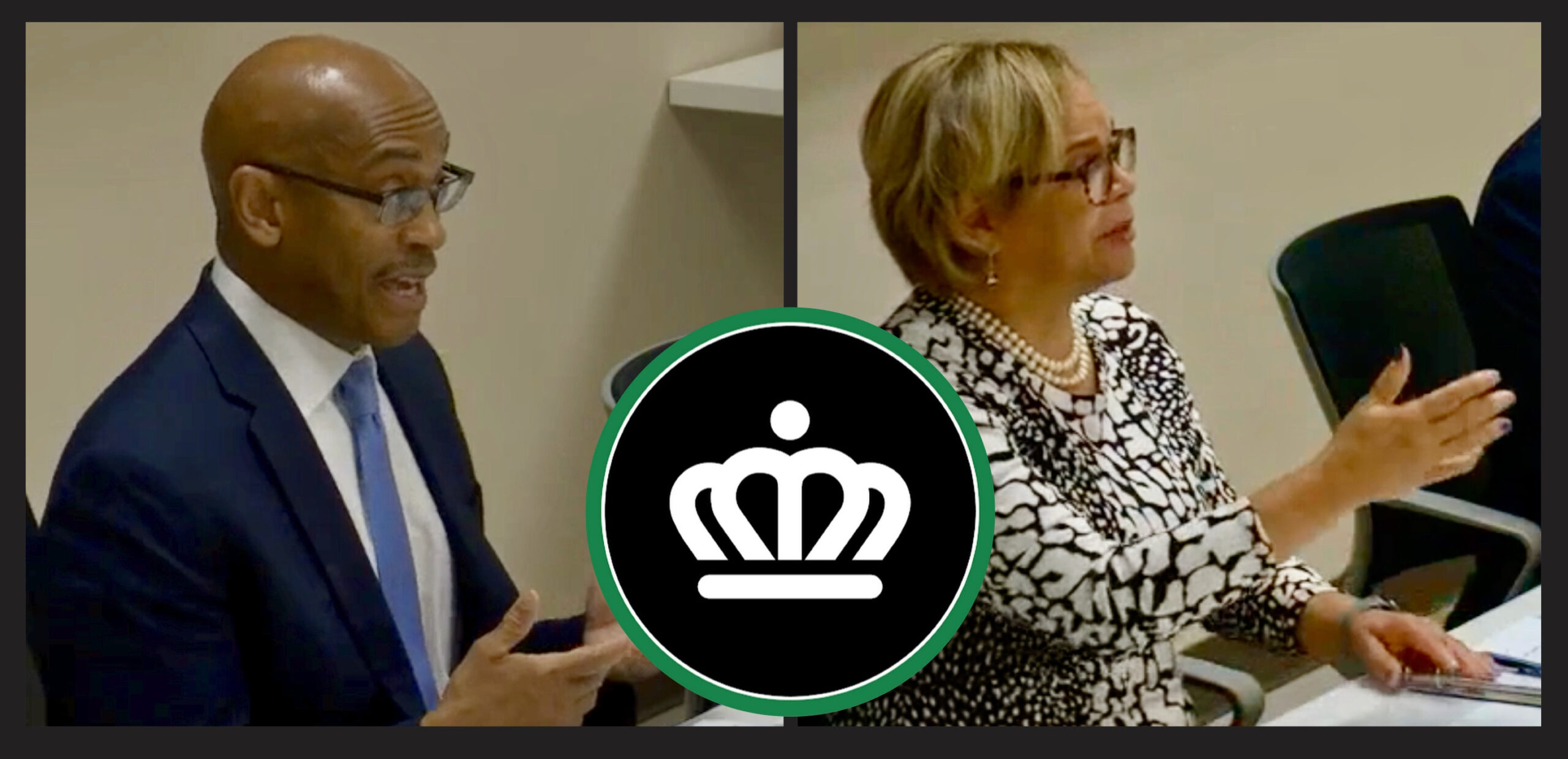
May 31, 2022
This morning’s Forum might have been just a PowerPoint of the city budget.
Instead, City Manager Marcus Jones and Mayor Vi Lyles fielded pointed questions from disappointed longtime residents about the city’s future.
Jones, in his sixth year managing a workforce of now 8,000-plus employees, did offer an overview of the general fund budget and how funding available in the near future on key issues like westside corridor improvements and affordable housing has been boosted, either by federal COVID dollars or by better coordination with private and nonprofit investments; and how budgets have been reshaped to boost city worker wages without raising taxes. The Charlotte City Council was expected to approve the annual budget later Tuesday.
But the bulk of the session was devoted to skeptics pointing to unfulfilled objectives, and city leaders explaining work under way. Topics raised:
– Economic opportunities are no better for African Americans than years ago.
– City financial commitments of millions of dollars are not “trickling down” to westside residents.
– Assistance for landlords has bypassed the people who control just a few units.
Jones response? The city is just now building “the table” around which all constituencies can participate in directing the city’s efforts. Lyles response? We’re taking the first step: earmarking money to address longterm “systemic failures.”
– An inquiry about streetlights and lane markings missing from W.T. Harris Boulevard – and a suggestion that the city just fix the problems – prompted a civics lesson from Lyles, who noted that North Carolina cities are creatures of the state, and the state can and does withhold gas tax and other income streams when cities act without state authorization.
– Residents trying to amass home equity are being hurt by investors buying up units for conversion to leased or rental properties. When will the city act? A frustrated mayor asserted that the city is powerless to intervene in an investment scheme that is destabilizing neighborhoods nationwide.
After more inquiries about support for the formerly incarcerated, for overall economic development and about stalled projects on the Beatties Ford Road corridor, discussion turned to how African Americans can step up to help guide the rejuvenation of the west side. It was an opportunity for Mayor Lyles to promote efforts to bring existing groups together to meet to identify goals and opportunities. Speaking for the city, she said, “We’ll provide the space. I think the question is, how do you get the people in, and where is the leadership in the community to do it?”